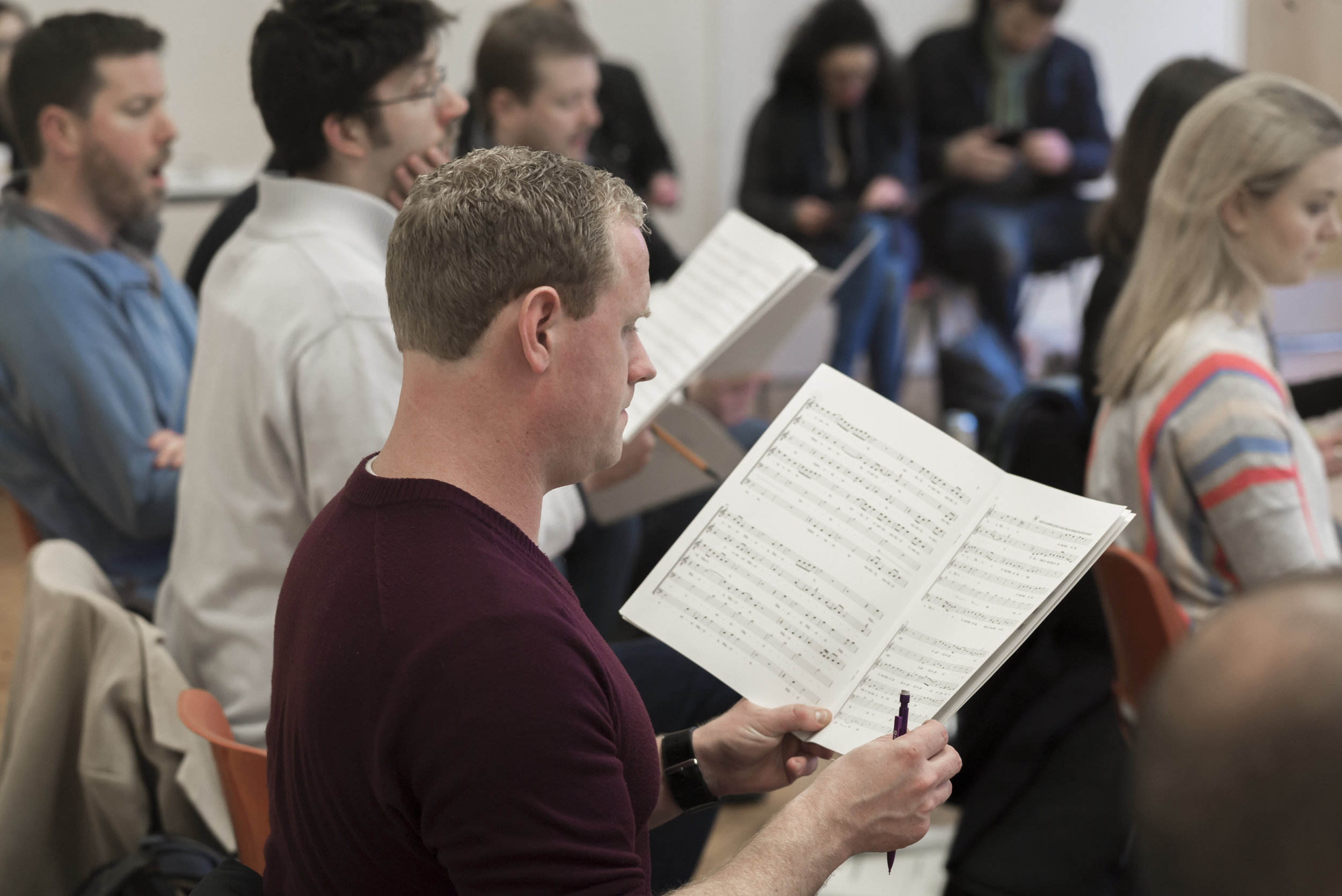Inspiration through rejection and discontent
Recently, I’ve been witness to a fair amount of worry and discontent from my composer friends. Many of them worry about ‘making it’, they don’t know if they are ‘heading in the right direction’, or they feel like the musical world is disinterested in their work…
The life of a composer is a tricky one. What we create is something we hold very dear as it is a manifestation of our musicianship, and when other people either don’t like what we have done or are ambivalent it can often feel like an attack on or disapproval of our outlook as an artist.
I’ve had my fair share of this rejection, whether it’s from talking to conductors about performing my music and getting dismissive or no responses, applying for residencies with big ensembles and just missing out, or whether it’s just not winning a competition you’ve written a piece for.
I’m sure many people reading this will have applied for at least one composition competition before, and I’m sure most of you, me included, will have not succeeded in winning. Failure is a difficult thing to take, after all none of us want to feel like the effort we have put in has amounted to nothing, but I think there is a lot more to take from rejections than meets the eye. Eric Whitacre, the highly successful American composer, wrote a lovely blog on the subject of competitions and what you get out of them, where he talks about how many of his most artistically (and commercially) successful pieces never won the competitions they were submitted for. Without reducing the article down too much (read the blog, it’s good!), he basically states three things you’ll get from entering a competition that will benefit you as a composer: Firstly you’ll get some sort of exposure, as people you want to impress will see your music; secondly you’ll have actually written a piece, which is something you can use from then on; and thirdly, you’ll get experience in the inevitable rejections that lie along the road of an artistic career.
Without this blog just being a chain of links to other blogs, there is a very similar article I read a year or two ago by writer, Kim Liao, about flipping your perspective on submissions and the fear of rejections. In the article she states that she aims for 100 rejections a year, because then, statistically, you are bound to find some success.
Now, this isn’t meant to dishearten you about the amount of success you will achieve in your career, but instead it’s meant to inspire you to take the chances that you see and not worry about failure, rejection, or peoples’ subjective opinion of your music.
I think it’s really important to hear that this is not something that only a small number face, but that all creatives face rejection and failure all the time, this therefore should be seen as normal and not something to feel down about.
There are always things that you can learn from critical feedback of your music. You may learn better ways to notate your ideas, compositional techniques achieve a musical texture you’ve not quite mastered yet, or you may be inspired by the thoughts of someone else and their musical ideas may rub off on you - but something to be wary of is taking critique of your music’s style or aesthetic too much to heart. Afterall, it’s important to remember that musical taste is a highly subjective thing, and that what you might think is sublimely beautiful, another person might find banal or cheesy – or conversely, you might find someone else’s music try-hard and ‘academic’, where they find meaning and inspiration in complex structures and textures. That’s not to say that you should belligerently stick to your ideals and not ever consider stepping out of your comfort zone, as there is always something you can learn from expressing yourself in a way you would not normally, but instead write the music that you want to write and don’t let the opinion of others dictate what you should be creating.
In the end, it’s important to know that this life of composition is a long game and the people in this world who are successful are the ones who keep pushing on, no matter what. Success is not going to come to most of us immediately and it may not come for a very long time, but that does not mean that what we are doing is worthless or wrong.
I’ll end with this: You do you – write what you want to hear, then you can be happy in the knowledge that you were true to yourself and that is likely to be where you create your best and most inspirational works.
What I’ve been listening to this week:
Rustics and Fishermen’ from Choral Dances from ‘Gloriana’– Benjamin Britten (RIAS Kammerchor)
Non mortui – Manuel Cardoso (The Sixteen)
Extended Circular Music No.2 – Jurg Frey (Tamriko Kordzaia)
Terra tremuit – Plainchant (Gloriæ Dei Cantores Schola)
Written by Rory Johnston


